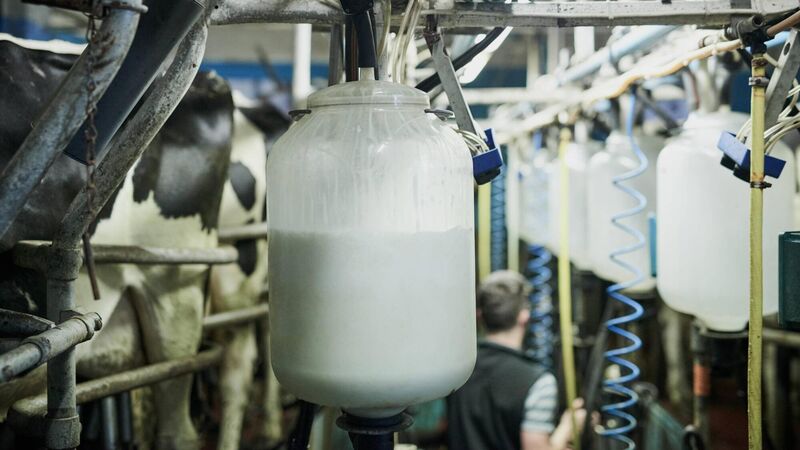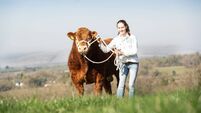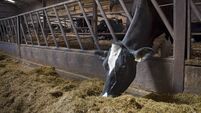Policy uncertainty a ‘contributing factor’ to ‘worrying’ milk supply trends

With global dairy demand “still accelerating year by year”, dairy production could “move to regions with multiples of the carbon footprint of Irish dairy” if policy negatively impacts production here.













